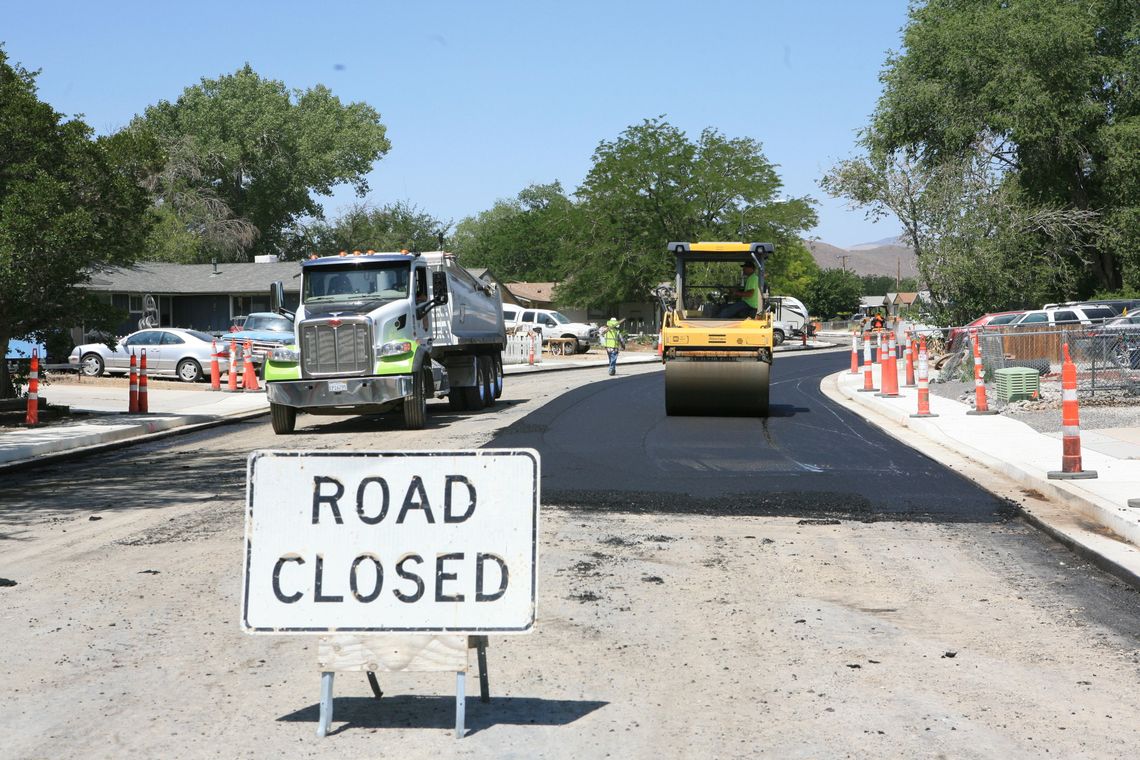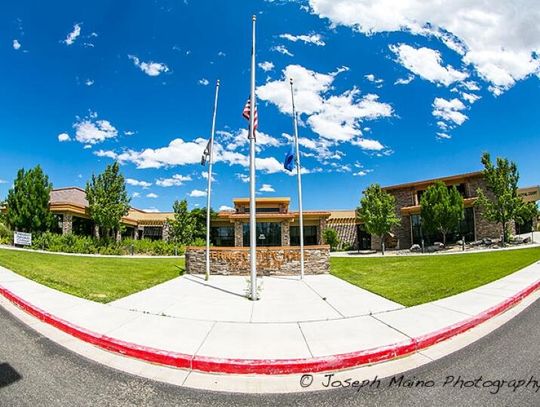By Kerry Lyman
The Fernley City Council on Sept. 3 approved a five-year moratorium on non-emergency pavement cuts on any newly constructed, resurfaced or reconstructed streets.
“This protects the city’s investment in pavement infrastructure, maintains roadway quality and reduces premature deterioration caused by utility or excavation cuts,” said City Engineer Maria Paz Fernandez. “Without such a policy, pavement cuts made within the first five years can reduce pavement life by as much as 30 to 50 percent, leading to additional taxpayer expense.”
The moratorium is designed to ensure that capital improvement funds are used efficiently and that roadways remain in optimal condition for as long as possible, Fernandez said in a staff report on the item.
“This policy aligns with industry standards, best practices and supports the city’s long-term asset management goals,” she said.
Councilman Joe Mendoza asked what would be considered an emergency under the moratorium. Fernandez said no formal list has been created but one could be created to guide staff. She cited a leaking pipe beneath a roadway as an example of a situation that would warrant an emergency cut.
Although Fernandez said no emergency list had been created for exceptions to the moratorium, some examples were listed in the moratorium policy attached to the staff report for this item. Listed exceptions would include emergency repairs required to restore an essential utility service, to address a public safety hazard, or to respond to an environmental hazard.
Another exception noted in the policy would be city-initiated projects that require pavement cuts for public benefit.
Mendoza noted that this policy would most likely only affect new development and asked if the city gets many pavement cut requests from utility providers such as AT & T or Charter Cable.
“We do, actually,” Fernandez said. “This idea came from them,”
Penalties for violating the moratorium “will be subject to restoration requirements exceeding standard specifications, including full-width lane replacement or extended paving limits as determined by the city engineer.” Additional administrative penalties may apply.
The policy “covers all work within the paved roadway surface, including vehicle lanes, bike lanes and paved shoulders.” and applies to all public and private utility providers, contractors, developers and city departments.









Comment
Comments